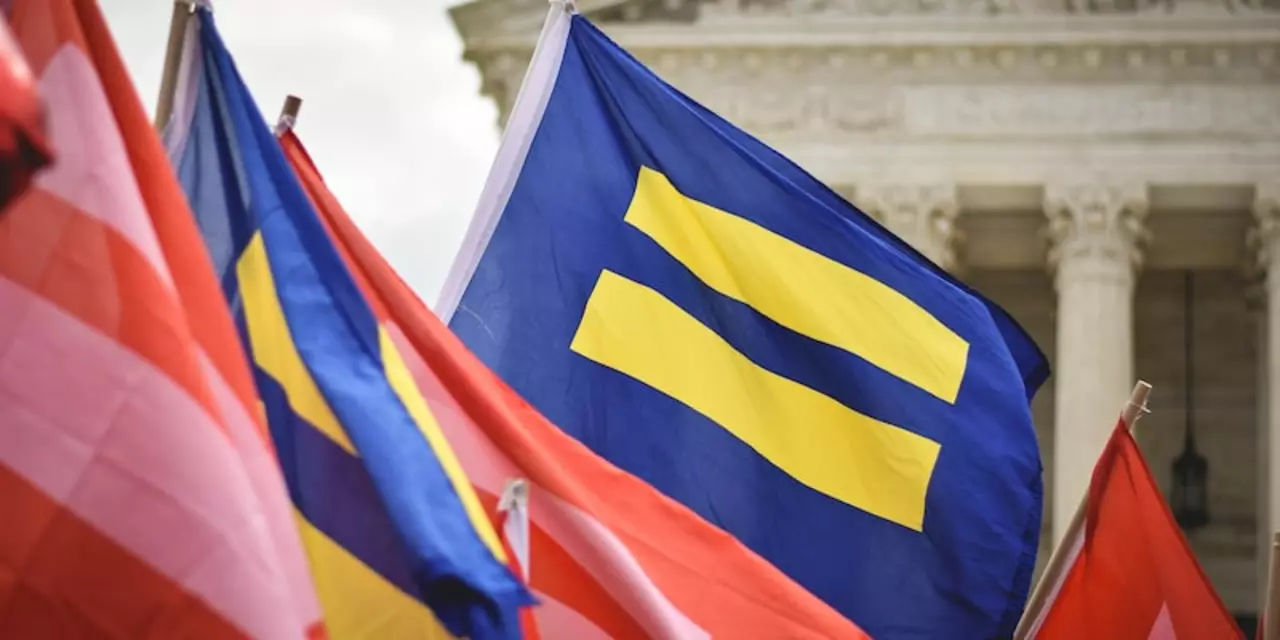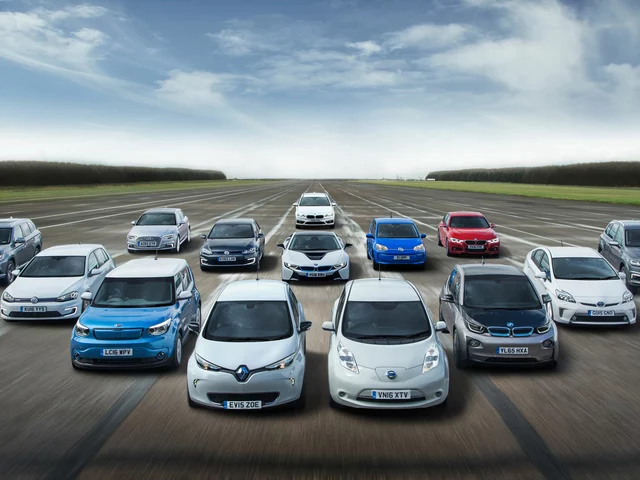Power: Influence, Energy, and Who’s in Charge
Power shows up in many forms — the person making big policy choices, the electricity that lights your room, or the social pressure that shapes behavior. This tag collects stories and plain-language guides about where power comes from, how it’s used, and what you can do about it.
Want quick takeaways? Political power is about decisions and rules. Energy power is about supply, grids, and access. Personal power is about choices and boundaries. Each affects your daily life in different ways, and knowing the difference helps you act smarter.
Political power & leadership
Political power decides laws, budgets, and public priorities. When a leader or minister speaks, their words can change policies and public mood. Watch for simple signs: who sets the agenda, who controls budgets, and who faces public scrutiny. Those are the people with real influence.
If you want to track political power practically, start by reading official statements, budget releases, and recent court rulings. Follow local outcomes, not only headlines — new rules affect permits, jobs, and services where you live. Voting, civic participation, and public comment on policies are direct ways to shift who holds power.
Energy, infrastructure, and daily life
Energy power is the physical force that keeps homes, factories, and hospitals running. Problems in the grid or poor planning show up fast: blackouts, high bills, or stalled projects. Learn basic signals: frequent outages suggest infrastructure gaps; rising tariffs often mean supply or policy issues.
Want to reduce your exposure to energy risks? Use simple checks: review your electricity bill for unexplained charges, know your local utility’s outage map, and consider small investments like LED lights or a backup power plan. Community action matters too — collective requests to local councils or utilities often speed fixes.
Beyond politics and energy, power lives in everyday interactions. Who gets heard at work or in the family, who sets the tone on social media, and who controls resources — these shape outcomes quietly. Spotting these dynamics helps you set boundaries and make clearer decisions.
Read stories under this tag to see power at work across topics: leadership choices, legal fights, infrastructure issues, and social debates. Each piece aims to explain the stakes and give practical steps you can take — whether it’s checking a government notice, tracking an energy plan, or speaking up in your neighborhood.
If you want suggestions, look for articles that explain the why behind decisions, list concrete actions, and point to next steps. That’s what this tag is for: clear takes, real examples, and usable advice about power in all its forms.

Is the Supreme Court the most powerful judicial body on Earth?
The Supreme Court of the United States is widely recognized as the most powerful judicial body in the world. It is the ultimate arbiter of laws and has the power to invalidate laws passed by the Congress and state governments. The Supreme Court is also the final court of appeal in the United States and its rulings set legal precedents which are binding on all other courts in the country. As a result, the Supreme Court’s rulings have a major impact on the lives of all Americans. Its power is further enhanced by its ability to review laws and executive actions, making it the most powerful judicial body on the planet.
CONTINUE READING



